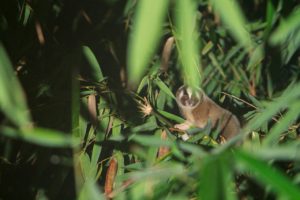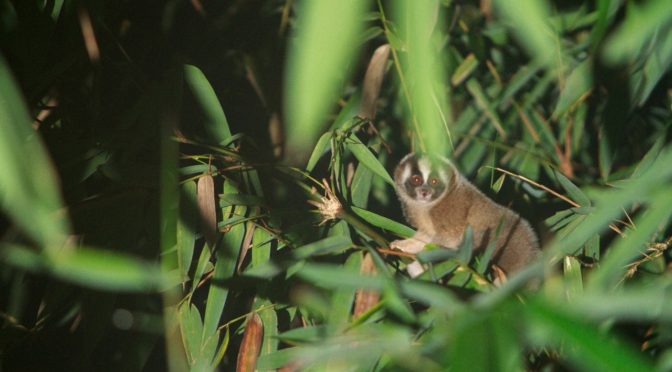Young people of my generation have a very unique connection with nature, one that is often disregarded by adults. “Get off your phone and go outside” is a line I’m sure most teenagers have heard from an adult many times in their life. And while I’m absolutely not saying kids should spend all their time inside on technology, I also believe that invalidating the connection so many of us have with the natural world is dangerous.

Connecting to the world
I live in London. A big sprawling city, not exactly well renowned for its rainforests or oceans. Yet at 9 years old I decided with absolute certainty that I would become a conservationist. I hadn’t been to any of the places I was so passionate about protecting, no one in my family had. But the same apps that are always seen as a distraction and diversion from the real world, enabled me to connect with places beyond my neighbourhood, my city, my country or continent. Because as a child living in London, with the most wild space near me being the local park, I could watch live streams of orangutans in Borneo, whales in Canada and Elephants in Tanzania, all from inside my bedroom.
5 things I wish I’d been told sooner:
Conservation is an almost mystical field however; it’s constantly evolving and changing and there doesn’t seem to be a set in stone definition for what it is. But here are the five things I wish I’d been told sooner (and am still learning now):
First: explore outside your door!
So for the first one, it’s very easy to be drawn in by the idea of protecting iconic species like giraffes or lions or chimpanzees, however, not many of us live in places where those animals roam wild. So think about what can be done in your local area, the species that exist there. Oftentimes you won’t even realise the huge biodiversity just outside your door, so explore it! The same thing applies when planning fundraisers, campaigns or events. You probably don’t have a budget the size of WWF and that’s ok. Use the resources you have (especially social media) and the people around you.
Second: explain what you are doing and why
Two, be prepared to explain what you are doing and why. A lot. Conservation is not like law or medicine where pretty much everyone knows what you mean when you say it. So it is likely you will find yourself explaining your career aspirations to many people.
Third: take every opportunity
Next, take every opportunity that is offered to you. You never know how that experience might help you in the future. The people you meet now, the skills you gain, the places you see, all of that is invaluable for your future. So make the most of it all.
fourth: don’t avoid things because you are afraid of that
However, if those opportunities don’t seem obvious, make them for yourself. The worst response you can get to an email asking to help is no. So don’t avoid things because you are afraid of that. If you see an organisation that looks interesting, drop them a message, a lot of the time they have plenty to help with.
Fifth: Take breaks!
And finally, take breaks. It’s very easy to get wrapped up in solving the world’s problems. There will be times where you are frustrated or tired and the best thing you can do is something else. Don’t let yourself burnout, you matter as well, so don’t forget to take care of yourself too! Izzy Warren

